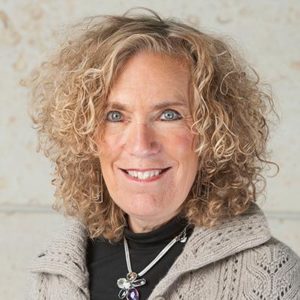Distinguished Speakers Series for Scientists
Event Registration
Inaugural seminar in a series of quarterly lectures from leaders in the field.
Elaine Fuchs, Ph.D.
Rebecca C. Lancefield Professor, The Rockefeller University
Investigator, Howard Hughes Medical Institute
Stem cells in silence, action and cancer
Abstract: My laboratory uses mouse skin to understand how epithelial stem cells remain quiescent during times of minimal wear and tear, how these cells become mobilized during wound-repair and tissue growth, and how the normal process of stem cell activation goes awry in inflammation and cancer. Using functional analyses, we’ve characterized skin stem cells in homeostasis, wound repair, inflammation, and cancer. Using high throughput genetic and genomic approaches, we’ve performed in vivo genome-wide RNAi screens for oncogenes, tumor-suppressors and microRNAs in skin malignancies. We’ve shown that stem cells respond to such oncogenic stresses by activating the ‘integrated stress response’, which turns out to be essential for their survival and translation of oncogenic mRNAs. Using in vivo chromatin landscaping and lineage-tracing, we’ve also learned that early in tumorigenesis, epithelial stem cells activate a transcriptional program resembling wound-repair. However, they deviate when HRas/MAPK and pETS2 transcription factor levels rise, leading to chromatin remodeling that makes the wound-activated response permanent. Digging deeper, we devised a method to genetically induce tumor formation and progression, and to fluorescently tag and lineage-track tumor stem cells whenever a blood vessel approaches. We learned that this perivasculature microenvironment elicits a TGFβ signal that leads to stabilization of NRF2 in the tumor stem cells, which in turn leads to downstream activation of glutathione genes, rendering the stem cells resistant to chemotherapeutics and radiation. In this TGFβ-rich microenvironment, these tumor stem cells also undergo an EMT-like transition and become invasive. Together, our findings have unearthed relations between normal and tumor-initiating stem cells and reveal how at the chromatin, transcriptional and translational levels, cancer stem cells cope with their stressful and ever-changing microenvironments to survive and resist cancer therapies. Our global objective is to apply our knowledge of the basic science of epithelial stem cells to unfold new avenues for therapeutics.
- Time
- 8:00 am - 10:30 am PT
- 3:00 pm - 4:00 pm Seminar
- 4:00 pm - 5:30 pm Reception
- Buck Institute
8001 Redwood Blvd
Novato, California 94945
